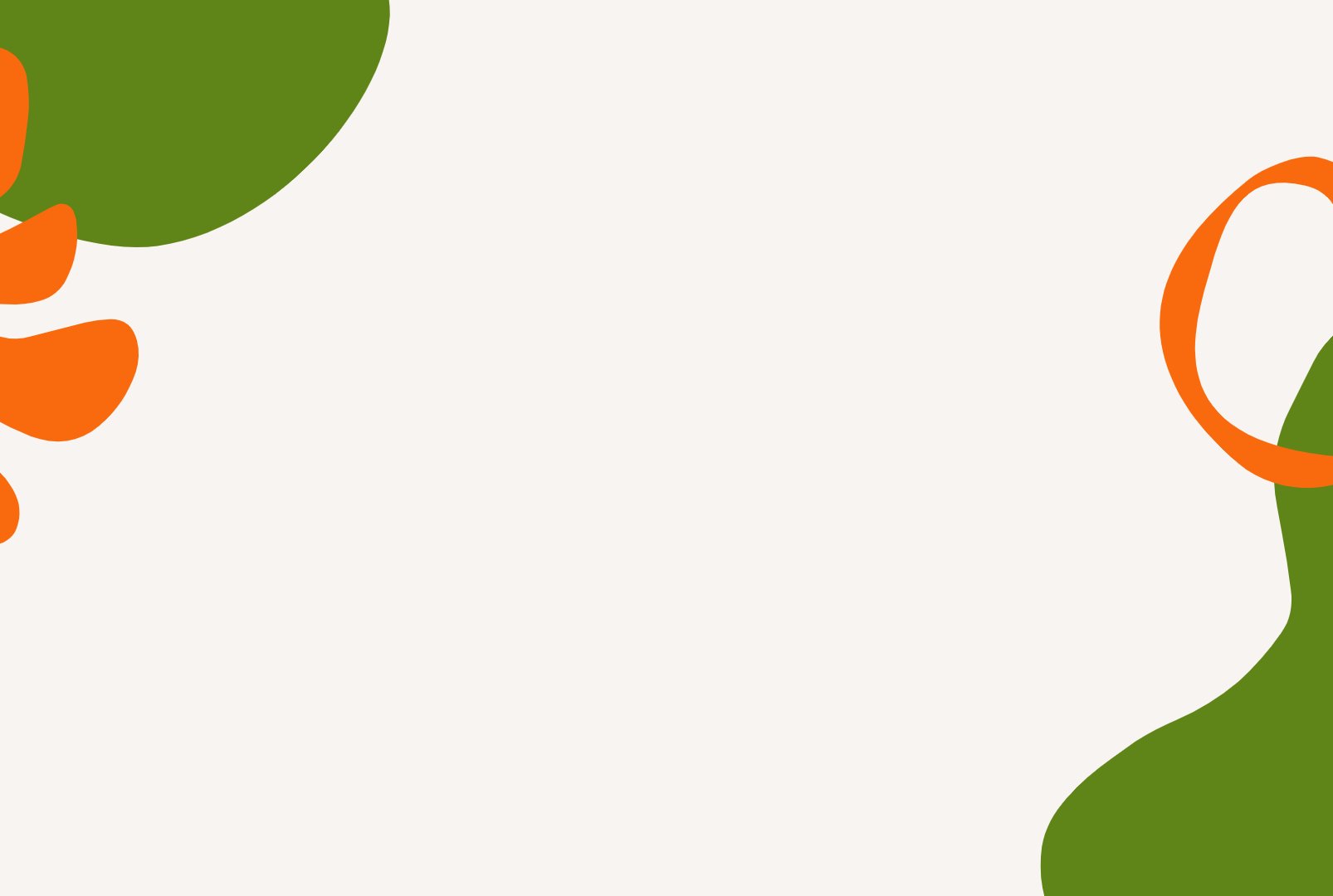
Jamima White
Jamima is a speech pathologist who supports children and young people to communicate in and enjoy their day to day lives, whatever that looks like! Jamima has a keen interest and expertise in complex disability, following the social model of disability, to support children to thrive in any environment.
Jamima works collaboratively with families to achieve the best outcome for their children, using a strengths based, dynamic and neurodiversity affirming approaches, so that everyone can feel safe to be themselves.
Jamima is passionate about providing evidence-based interventions and enjoys completing regular professional development. She has completed additional training in the areas of language (including Hanen More Than Words, Hanen It Takes Two To Talk, Gestalt Language Processing & AAC), attachment, autism assessment (Autism Diagnostic Observation Schedule), sensory regulation and paediatric feeding (assessment & intervention).
Chit Chat Speech calls The Happy Space Allied Health its home, in Footscray. The Happy Space Allied Health is also home to Intensive Interaction Australia, a therapy approach Jamima holds a deep interest in. Jamima discusses the theory and practice of Intensive Interaction with colleagues, Mark and Carla in the podcast, Talking Without Words.
NEURODIVERSITY AFFIRMING &
STRENGTHS BASED
At Chit Chat, we pride ourselves on creating a safe space for neurodivergent people where they can feel supported and their strengths can be celebrated. Our goals and intervention approaches take into account each child's strengths, as well as how the child's environment can be adjusted to help them thrive. Following the social/neurodiversity model, we focus on breaking down barriers in society that exclude and oppress neurodivergent people through education and advocacy, rather than changing the autistic person themselves.
We respect everyone's personal preferences of language choices. As a default, we use identity-first language, so: "autistic person", as this is what we are hearing that the majority of the autistic population prefers. We understand that every person is different, and as such would love for you to let us know which language you would like us to use around you.





